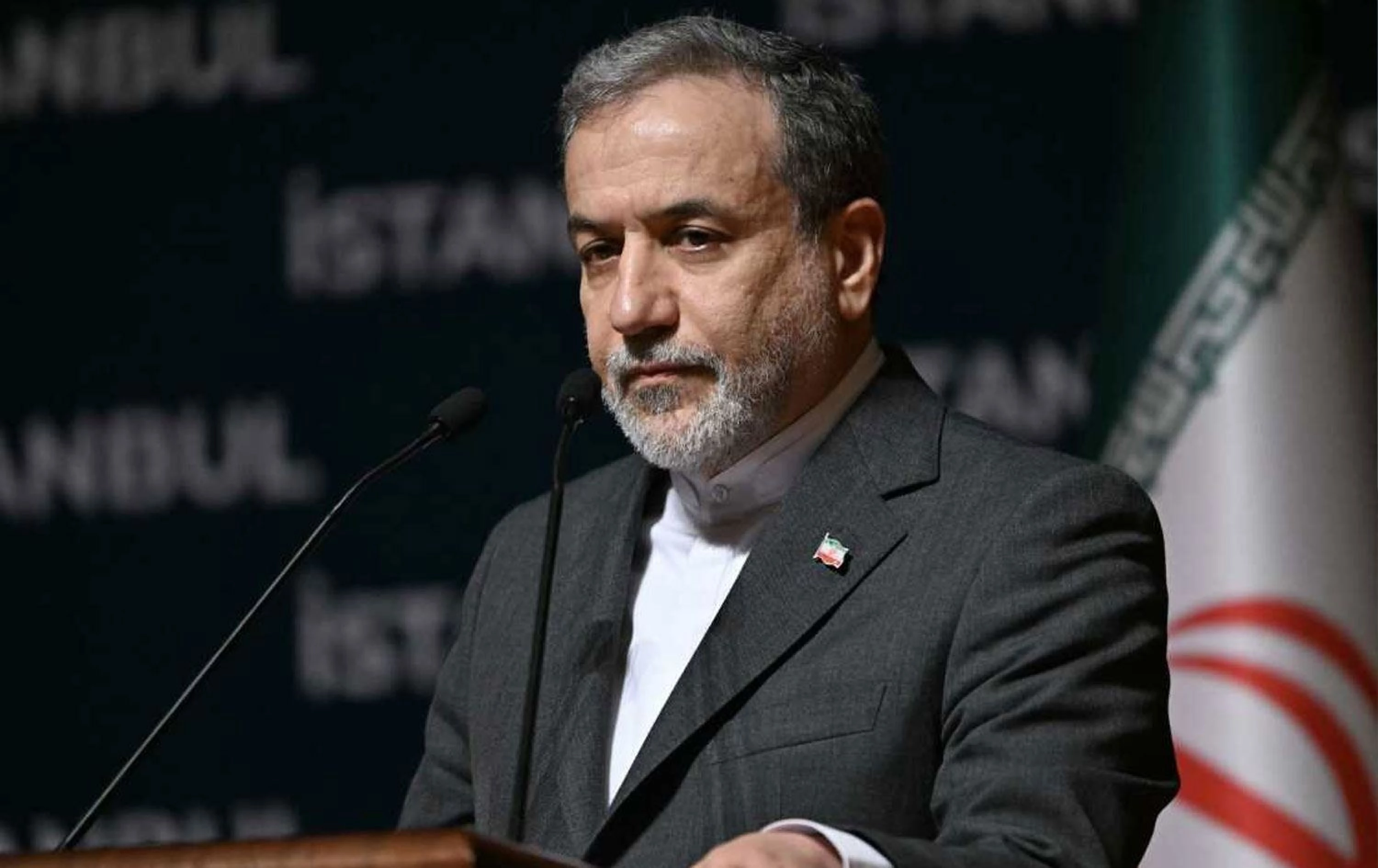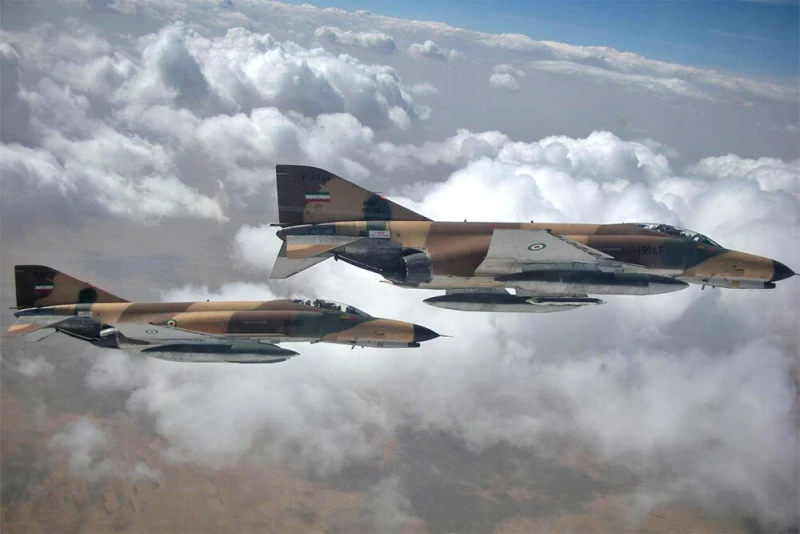ERBIL, Kurdistan Region of Iraq – Iran’s foreign minister on Friday accused the United States and European powers of “escalation” after a new resolution by the UN’s nuclear watchdog demanded Tehran’s “full and prompt” cooperation.
A resolution by the International Atomic Energy Agency (IAEA) on Thursday demanded “full and prompt” cooperation by Iran with access to its nuclear sites. The resolution was pushed by the US, Britain, France, and Germany.
“Given that the E3 and US seek escalation, they know full well that the official termination of the Cairo Agreement is the direct outcome of their provocations,” Iranian Foreign Minister Abbas Araghchi said on X.
The Cairo Agreement, struck in September between Tehran and the IAEA, sought a framework for cooperation between the two sides but was labeled invalid by Iran in October after the three European powers triggered the “snapback” mechanism – a return of UN sanctions lifted under the now-expired 2015 nuclear deal.
Iran on Thursday officially informed the IAEA that the Cairo Agreement was “null and void.”
The new IAEA resolution, expected to be voted on during the IAEA’s board meeting this week, stresses that it is “imperative” for Iran to comply with its obligations under the nuclear deal. It also called on Tehran to provide “access that the agency requests.”
Earlier this month, Iranian President Masoud Pezeshkian said his country is rebuilding its nuclear facilities “with greater strength,” following the damage caused by the US and Israel.
In September, the UN reimposed crippling sanctions on Tehran for allegedly failing to fulfill its nuclear commitments. In turn, Iran blocked the nuclear watchdog from maintaining oversight of its facilities, citing the termination of the nuclear deal’s commitments.
Israel killed top brass Iranian military commanders and nuclear scientists with airstrikes in June, prompting retaliatory attacks by Tehran, with the two trading salvos of missiles and drone strikes for 12 days. The US also bombed the key Natanz and Fordo nuclear sites in the country at the end of the skirmish.
Since the war, the IAEA has been denied access by Iranian authorities to the Fordo and Natanz sites, though it has been granted access by others.
The IAEA on Wednesday told AP that it lost “continuity of knowledge” on Iran’s near weapons-grade uranium stockpile since June, stressing that the issue must be "urgently addressed.”



 Facebook
Facebook
 LinkedIn
LinkedIn
 Telegram
Telegram
 X
X


